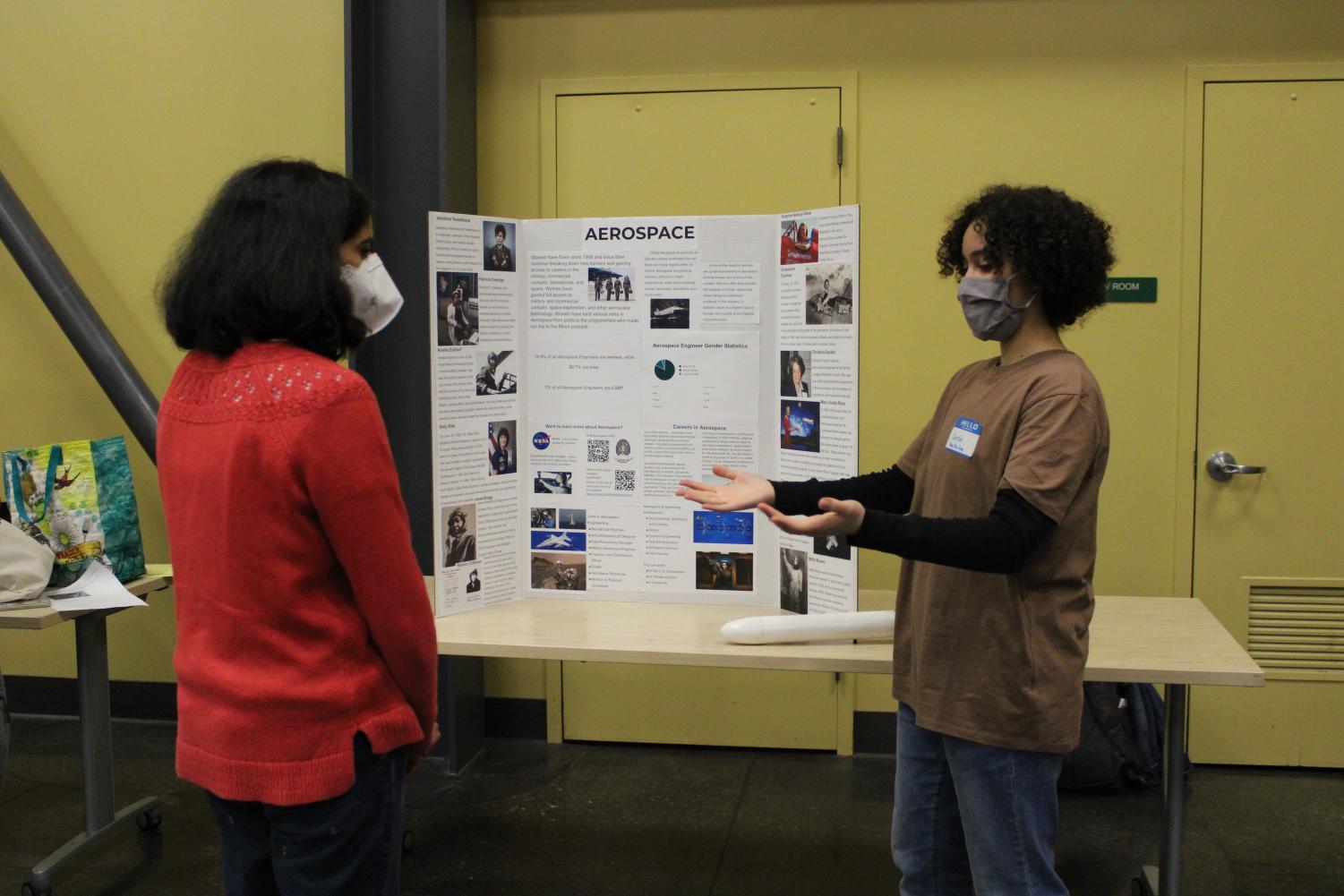Space tourism will lead to environmental disasters
Ever since humans have studied space, space travel has been scientific in nature. Yet, space tourism has slowly been gaining popularity, and an industry surrounding it has emerged in recent years. Put simply, space tourism allows humans to travel to space for recreational purposes. However, commercialized space tourism will inevitably leave detrimental impacts on the environment.
The popularization of space tourism will worsen our current global climate crisis, which is a significant environmental concern that must be addressed. SpaceX, a company hoping to establish a space tourism industry, plans on launching 395 flights in space annually, according to Observer. However, a single flight can generate a carbon footprint equivalent to the amount of 278 people combined. Ultimately, SpaceX would release 4,000 metric tons of carbon dioxide into the atmosphere per year, if the company’s plan to launch a flight every two weeks is achieved, according to Earth.org. This tremendous amount of carbon dioxide will inevitably intensify our worldwide climate crisis.

Additionally, commercial flights to space hold very few passengers, ranging from 3 to 4 people, according to Vox, and thus the emissions per passenger is incredibly high. The emissions from an average plane flight is 1 to 3 tons of carbon dioxide per passenger, while a single rocket launch releases 200 to 300 tons of carbon dioxide for three or four passengers, according to The Guardian. In essence, a massive carbon footprint of one space flight will be generated for just a small handful of people. Given the detrimental repercussions, space tourism is simply not reasonable.
Furthermore, Virgin Atlantic, another company geared toward facilitating and promoting space tourism, uses rockets that generate a significant amount of soot, according to Space.com. This soot can contribute to the heating of the north and south poles, as well as reduce polar sea ice levels — both of which harm the environment and encourage natural disasters.
Yet, these are only the repercussions scientists are currently aware of. Because space exploration has been limited in scope and space tourism is a new industry, the true extent of the repercussions is unknown, according to CNBC. This uncertainty regarding the effects of space tourism poses a serious risk to the future of the environment. Because so much is unknown, companies in the space tourism industry cannot properly construct solutions to eradicate the damaging environmental effects of space flights. Ultimately, more research regarding these environmental impacts must be conducted before space tourism can be established as an industry. Even then, preserving our environment and shielding it from harm must be our utmost priorities.
Zeinab is a senior and is super excited to be one of the Lifestyles editorw in her third year with The Epitaph. In her free time, she enjoys baking, reading...











